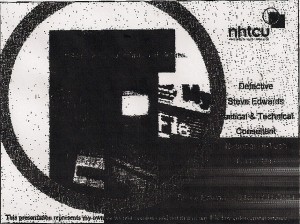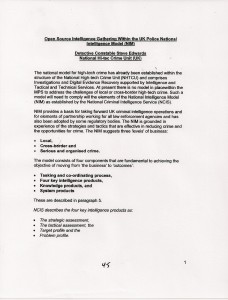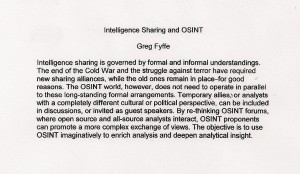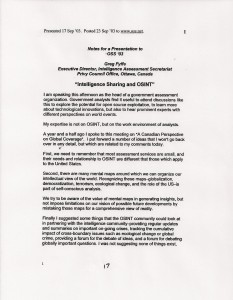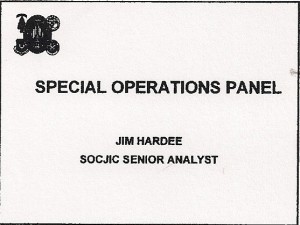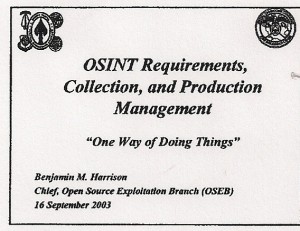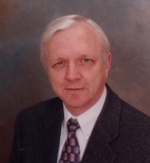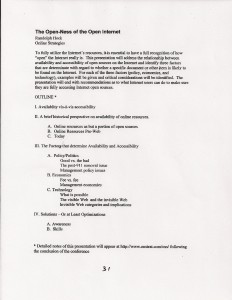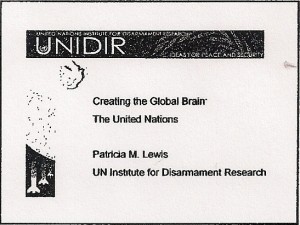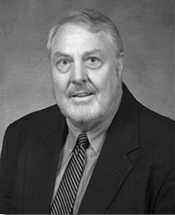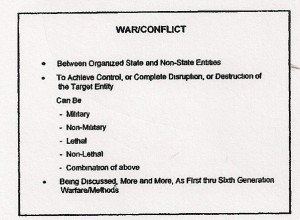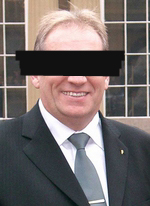
PLATINUM LIFETIME AWARD Detective Steve Edwards, MBE, UK
Detective Steve Edwards, Member of the British Empire, has been the foremost law enforcement pioneer in the field of Open Source Intelligence (OSINT), and it is with heartfelt admiration that we applaud his recent recognition by the Queen of England. His gentle, self-effacing, sober appreciation of the nuances of crime, private sector offerings, and government needs for innovation have enabled him to bring disparate personalities and capabilities together in a most effective manner.
Steve Edwards is one of two individuals to have received Royal Honours for their accomplishments in the Open Source Intelligence (OSINT) field.
Below are the slides and text from his presentation to OSS '03.

